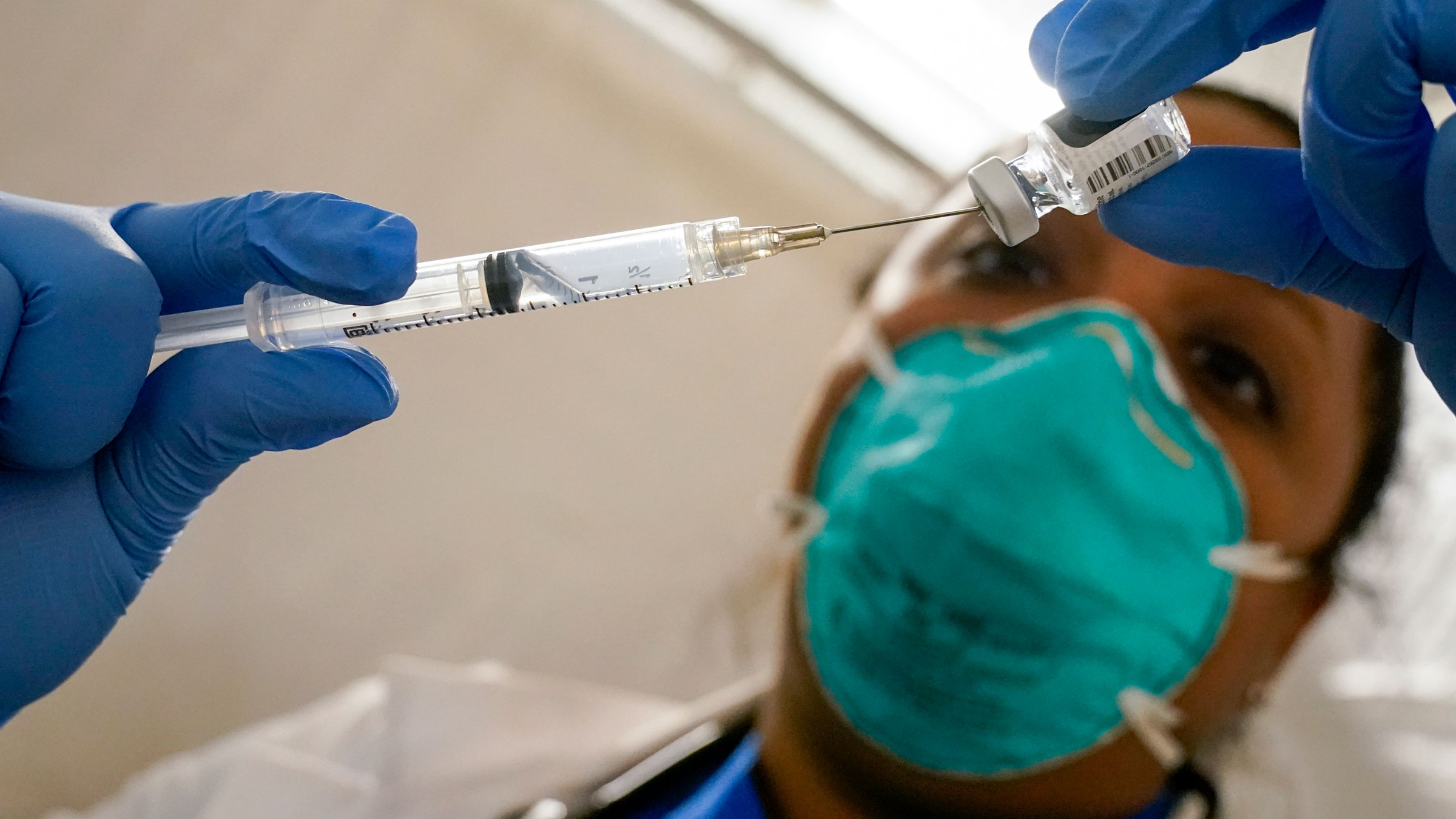
According to a report from Public Health England on Monday, a mutation has now been found in samples from a rapidly spreading strain in the UK, which could allow Covid-19 to escape the protection of antibodies.
The mutation, called E484K, was already part of the genetic signature of variants associated with South Africa and Brazil.
According to the PHE report, the mutation has been newly detected in at least 11 samples of the British B.1.1.7 strain. It also appears that some of these samples may have acquired this mutation independently, rather than spreading from a single case.
This could mean that a variant known to be more transmissible is also at risk of becoming somewhat resistant to the immune protection offered by vaccines, or more likely to be reinfected in people who have been previously infected, experts say.
“This doesn’t seem like good news for vaccine efficacy,” said Joseph Fauver, associate research scientist in epidemiology at the Yale School of Public Health.
He added that the new finding is also something to keep an eye on in the US, where efforts to search for variants through genetic sequencing are lagging behind the UK. The fact that we’ve only seen this in the UK “may be a result of their robust genomic surveillance program,” said Fauver.
Experts say it is too early to predict whether this development will have a major impact on Covid-19’s trajectory in the UK and around the world.
Previous studies suggest that E484K may be the main culprit behind why certain vaccines seem less effective in South Africa. Lab research has also shown that antibodies seem less able to bind and neutralize spike proteins resulting from the mutation.
Novavax recently announced that its vaccine was 89% effective in its Phase 3 study in the UK, but was found to be only 60% effective in a separate Phase 2b study conducted in South Africa. Likewise, efficacy in Johnson & Johnson’s Phase 3 trial differed by country: 72% in the US versus 57% in South Africa. In both studies, 90 to 95% of cases in South Africa were linked to the B.1.351 variant, which contains the E484K mutation
Paul Bieniasz, a virologist at Rockefeller University, noted that the E484K mutation appeared “sporadically” in multiple samples for months, but until recently the virus did not appear to be of benefit in populations without pre-existing immunity.
But it’s a different story in places like South Africa, where many people were previously infected. On Monday, Dr. Anthony Fauci noted “a very high rate of reinfection to the point where previous infection does not seem to protect you,” citing the work of colleagues in South Africa.
The B.1.1.7 strain first observed in the UK has now been found in at least 70 countries around the world, including about 470 known cases in the US, according to the US Centers for Disease Control and Prevention.
Experts say aggressive testing, adhering to Covid-19 guidelines, and rapid vaccine rollout are more important than ever in the face of these spreading variants.
“We need to get as many people vaccinated as soon as possible,” Fauci said earlier. “Even though there is less protection against the variants, there is enough protection to prevent you from developing serious illnesses, including hospitalization and deaths.”